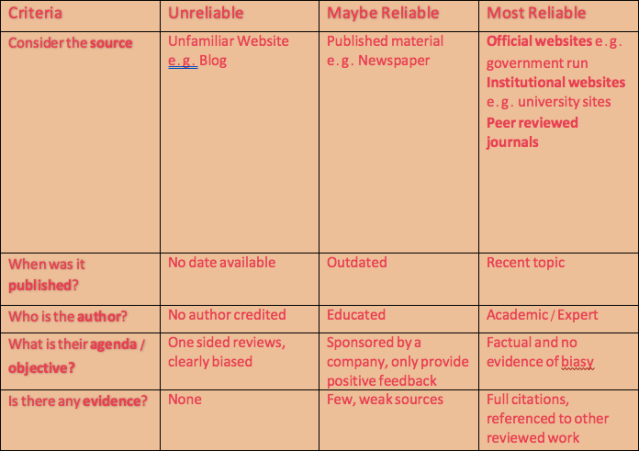
How is your media literacy?
Media Literacy
In a world where we are heavily surrounded by digital technologies, it is important to be cautious of online information. As noted in last week’s topic of digital differences, we touched on the notion that our learning and views can be limited if we do not widen our learning network.
One way to achieve this is through improving our media literacy.
Continue reading →












